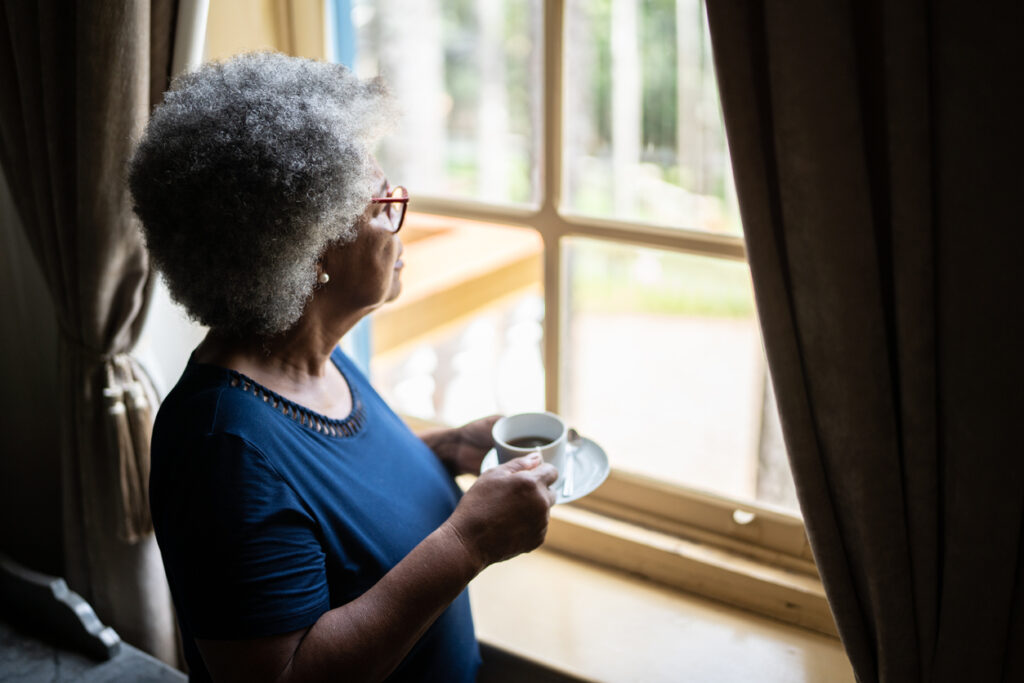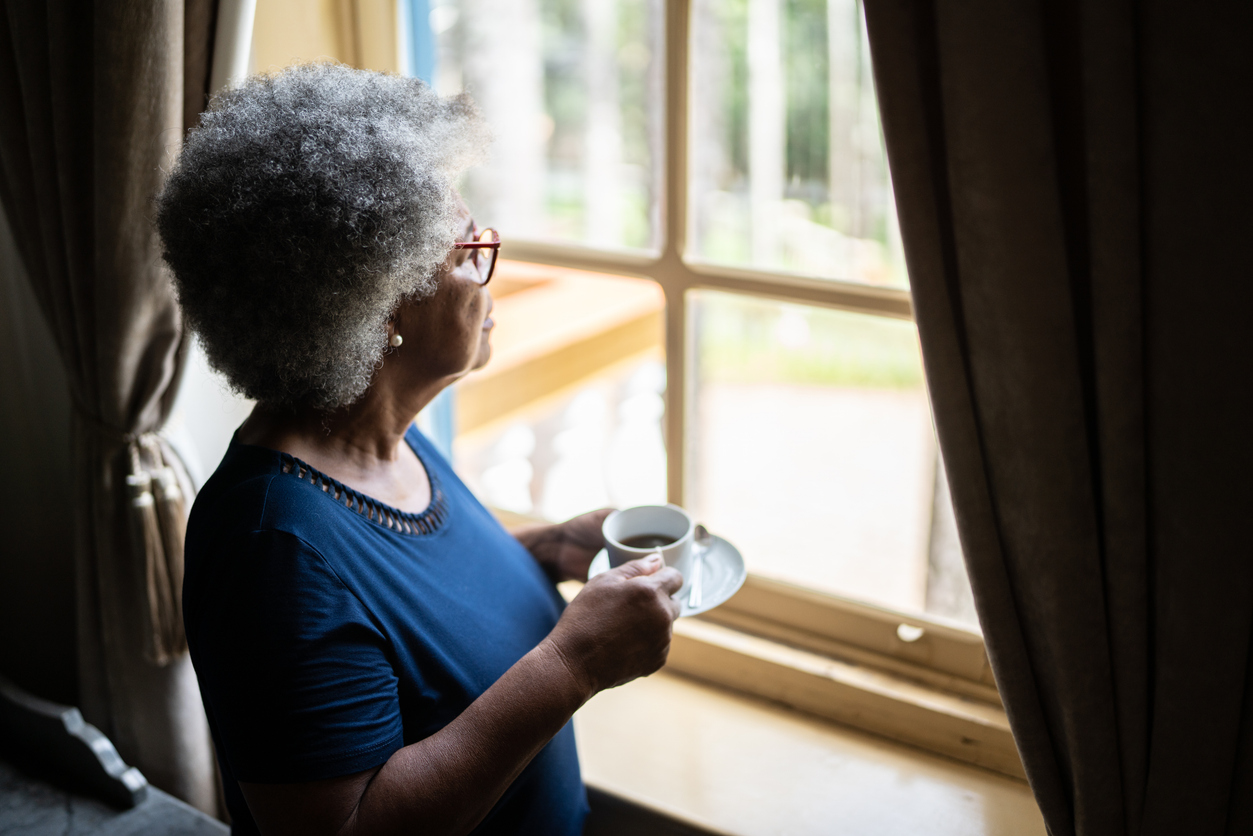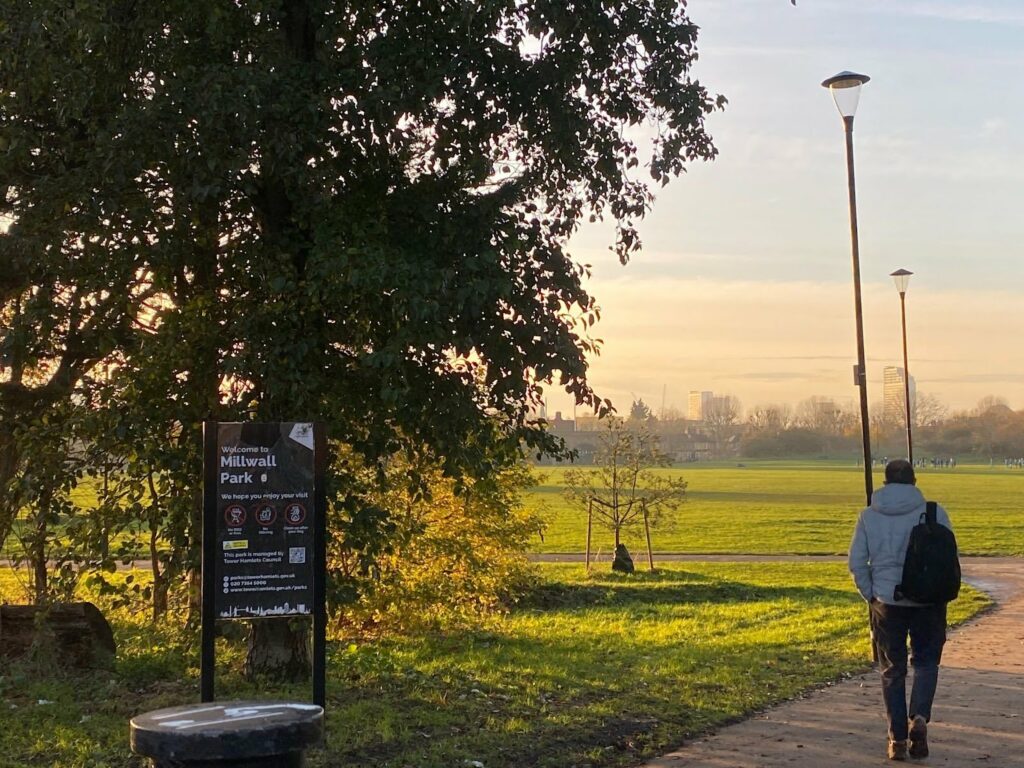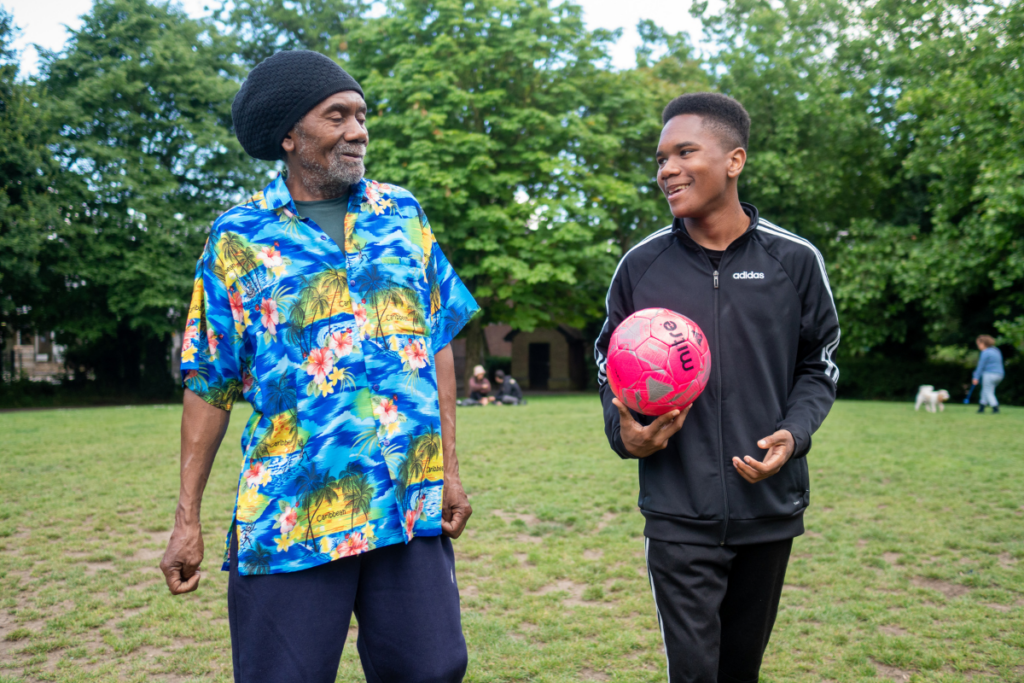The Growing Challenge of Loneliness in Later Life


By Eve Riley, Senior Strategic Projects Lead, Age UK.
Loneliness sucks the joy out of life for far too many older people – it doesn’t have to be this way.
Age UK has recently published a new report ‘You are not alone in feeling lonely’ presenting new evidence about the scale of the loneliness challenge among people aged 65 and over. The report recaps our learning to date about ‘what works’ and shares a range of case studies that highlight the breadth of ways local services have sought to respond.
As everyone on the Tackling Loneliness Hub is all too aware, isolation during the Covid pandemic raised the alarm about the dangers of loneliness and pushed it into public conversation, but momentum to drive change has since slowed. Sadly, recent Age UK data analysis shows that 1 in 14 people aged 65+ (equivalent to 940,000 older people) in the UK are often lonely, a trend that will only accelerate without concerted efforts to reverse it.
Loneliness poses particular challenges to older people which merit targeted approaches. As we get older, risk factors that might precipitate loneliness can begin to increase and converge. These include life events such as bereavement, living with ill-health and/or disability and caring for a loved one. The good news is that the examples in this report, along with many others up and down the country, are a real cause for optimism – showing that, with sustained investment in the right approaches, we can make a positive difference to older people’s lives.
Breaking the Stigma Around Loneliness
At the same time, loneliness is a tricky customer. Lots of us feel awkward talking about our emotions, and loneliness can be a particularly difficult subject to navigate. There isn’t a ‘right’ way to have this kind of conversation. Instead, the approaches identified start from the understanding that; “what helped others might not help you, but hearing about how other people have learnt to manage their own loneliness might help you understand what could”.
Creative Solutions for a Complex Issue
Befriending services are the most frequently provided services designed to manage or reduce feelings of loneliness and which local Age UK charities report being the most popular and effective. But what struck me when looking at the research underpinning the report was just how varied people’s needs and experiences are. There isn’t a ‘one size fits all’ solution to this challenge, we have to get creative to help people develop their own pathways out of loneliness.
Loneliness can also be described as a public health issue that calls for population-level as well as personal solutions. Examples include creating neighbourhoods that are age-friendly, welcoming, feel safe and are accessible to all. And as incredibly important as foundational services are, people who are enduringly lonely often need very sensitive and ‘loneliness literate’ support early on, these individualised approaches coming before and providing a way into, more commonly recognised loneliness interventions.
The Power of Small Acts of Kindness
Finally, this work reminds us that we shouldn’t underestimate the apparently small things that make a huge difference, particularly when we’re feeling low. A warm welcome, gentle encouragement and active listening all matter greatly, helping to foster connection and a sense of belonging for everyone, but particularly those who are feeling lonely. The important thing is to let people know that there is help out there when they’re ready. And of course, we need protected investment in sufficient and appropriate community services for people to then be referred in to.
We know that loneliness is a year-round problem for many older people, but as winter draws in, its one that’s often intensified by the shorter, colder days. The festive season brings with it a heightened sense of loneliness for many, meaning there’ll never be a better time to renew our commitment to helping older people enjoy their lives, free of the scourge of loneliness.
We hope this report offers a useful resource to draw upon to continue this important conversation and make the change for change.
Biography

Eve Riley
Eve has recently joined Age UK as Senior Strategic Projects Lead. She works in the health influencing team on a range of topics related to the health and care of older people. She was previously Policy Lead at The Richmond Group of Charities with a special interest in improving care for people with multiple long-term health conditions. Eve is currently leading a research study into older people’s experiences of urgent and emergency care.





Nominate a storyteller
Do you know someone with a unique experience, insight, or story to tell? Nominate a storyteller today by emailing community.manager@neighbourlylab.com or direct messaging Aba, your Community Manager.